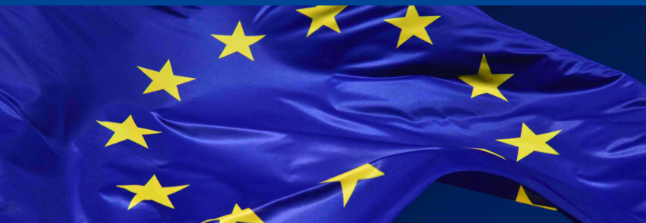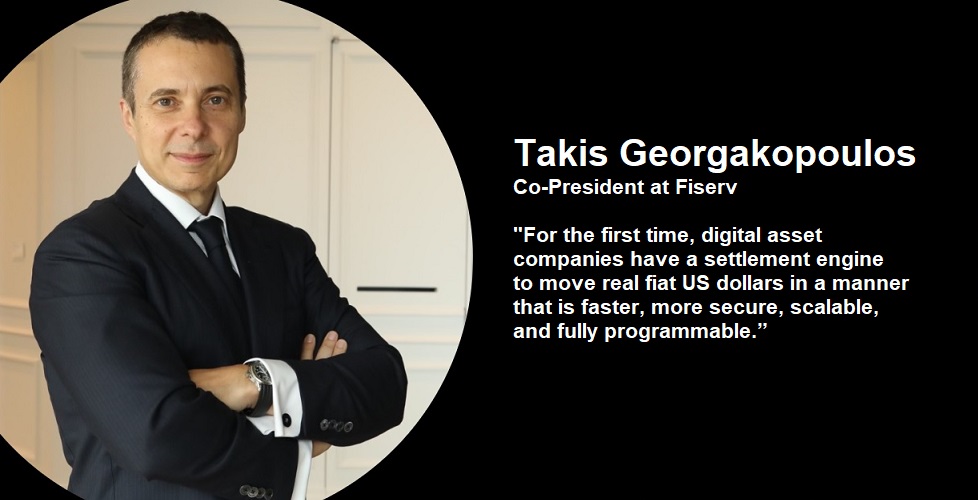Virtual currency exchange platforms and custodian wallet providers will have to apply customer due diligence controls, ending the anonymity associated with such exchanges

On 20 December 2017, EU ambassadors confirmed the political agreement reached between the presidency and the European Parliament on strengthened EU rules to prevent money laundering and terrorist financing. The draft directive has two main objectives:
. preventing the use of the financial system for the funding of criminal activities;
. strengthening transparency rules to prevent the large-scale concealment of funds.
One of the main changes to directive 2015/849 involve is addressing risks linked to prepaid cards and virtual currencies. The threshold for identifying the holders of prepaid cards is lowered from €250 to €150, and customer verification requirements are extended. Virtual currency exchange platforms and custodian wallet providers will have to apply customer due diligence controls, ending the anonymity associated with such exchanges;
„Prevention of money laundering as well as terrorist financing cannot be effective unless the surroundings are hostile to criminals seeking shelter for their finances through non-transparent structures. The integrity of the financial system of the Union is dependent on the transparency of corporate vehicles and legal arrangements. The objectives of the Directive are not only to detect and investigate money laundering, but to prevent it from occurring. Enhancing transparency could be a powerful deterrent.”, according to the press release.
Main specifications of the proposed Directive related to virtual currency and prepaid cards
(6) Providers of exchange services between virtual currencies and fiat currencies (that is to say coins, banknotes and electronic money of a country that is designated as a legal tender and is accepted as a medium of exchange in the issuing country) as well as custodian wallet providers are under no obligation to identify suspicious activity. Terrorist groups may thus be able to transfer money into the Union’s financial system or within virtual currency networks by concealing transfers or by benefiting from a certain degree of anonymity on those platforms. It is therefore essential to extend the scope of Directive (EU) 2015/849 so as to include providers engaged in exchange services between virtual currencies and fiat currencies as well as custodian wallet providers. For anti-money laundering and countering the financing of terrorism (AML/CFT) purposes, competent authorities should be able to monitor through obliged entities the use of virtual currencies. This would provide a balanced and proportional approach, safeguarding technical advances and the high degree of transparency attained in the field of alternative finance and social entrepreneurship.
(7) The anonymity of virtual currencies allows their potential misuse for criminal purposes. The inclusion of providers engaged in exchange services between virtual currencies and fiat currencies and custodian wallet providers will not entirely address the issue of anonymity attached to virtual currency transactions, as a large part of the virtual currency environment will remain anonymous because users can also transact without these providers. To combat the risks related to the anonymity, national Financial Intelligence Units (FIUs) should be able to obtain information allowing to associate virtual currency addresses to the identity of the owner of virtual currencies. In addition, the possibility to allow users to self-declare to designated authorities on a voluntary basis should be further assessed.
(7a) Virtual currencies should not to be confused with electronic money as defined by Article 2(2) of Directive 2009/110/EC nor with the larger concept of „funds” as defined in point (25) of Article 4 of Directive 2015/2366/EU nor with monetary value stored on instruments exempted as specified in Article 3(k) and 3(l) of the same Directive, nor with in-games currencies, that can be used exclusively within the specific game environment. Whilst they could frequently be used as a means of payment, they may also be used for other different purposes and find broader applications such as means of exchange, investment purposes, store-of-value products or uses in online casinos. The objective of this Directive is to cover all the potential uses of virtual currencies.
(8) Local currencies (also known as complementary currencies) that are used in very limited networks such as a city or a region and among a small number of users should not be considered as virtual currencies.
Notes
„(18) „virtual currencies” means a digital representation of value that is not issued or guaranteed by a central bank or a public authority, is not necessarily attached to a legally established currency, and does not possess a legal status of currency or money, but is accepted by natural or legal persons, as a means of exchange, and which can be transferred, stored and traded electronically.
(18a) “custodian wallet provider” means an entity that provides services to safeguard private cryptographic keys on behalf of their customers, to hold, store and transfer virtual currencies.”;
Article 12, in the first subparagraph, points (a) and (b) are replaced by the following:
„(a) the payment instrument is not reloadable, or has a maximum monthly payment transactions limit of EUR 150 which can be used only in that Member State;
(b) the maximum amount stored electronically does not exceed EUR 150;”;
(c) the following paragraphs are added: “3. Member States shall ensure that credit institutions and financial institutions acting as acquirers only accept payments carried out with anonymous prepaid cards issued in third countries where such cards meet requirements equivalent to those set out in paragraphs 1 and 2 of this Article. Member States shall apply this provision as of 6 months after the expiry of the deadline for transposition of this Directive. 3a. Member States may decide not to accept on their territory payments carried out by the anonymous prepaid cards.”;
(11) General purpose prepaid cards have legitimate uses and constitute an instrument contributing to financial inclusion. However, anonymous prepaid cards are easy to use in financing terrorist attacks and logistics. It is therefore essential to deny terrorists this means of financing their operations, by further reducing the limits and maximum amounts under which obliged entities are allowed not to apply certain customer due diligence measures provided by Directive (EU) 2015/849. Thus, while having due regard to consumers’ needs in using general purpose prepaid instruments and not preventing the use of such instruments for promoting social and financial inclusion, it is essential to lower the existing thresholds for general purpose anonymous prepaid cards and to identify the customer in the case of remote payment transactions where the amount paid exceeds EUR 50.
(12) While the use of anonymous prepaid cards issued in the Union is essentially limited to the Union territory only, that is not always the case with similar cards issued in third countries. It is therefore important to ensure that anonymous prepaid cards issued outside the Union can be used in the Union only where they can be considered to comply with requirements equivalent to those set out in the Union legislation. The rule should be enacted in full compliance with Union obligations in respect of international trade, especially the provisions of the General Agreement on Trade in Services (GATS).
Transposition
1. Member States shall bring into force the laws, regulations and administrative provisions necessary to comply with this Directive by X (18 months after entry into force)]. They shall immediately communicate the text of those measures to the Commission.
Member States shall set up the central beneficial ownership registers referred to in Articles 30 by 18 months after the date of entry into force of this amending Directive and Article 31 by 20 months after the date of entry into force of this amending Directive and the registries referred to in Article 32a by 26 months after the date of entry into force of Amending Directive
The Commission shall ensure the interconnection of registers referred to in Articles 30 and 31 in cooperation with the Member States by [32 months after the entry into force of this amending Directive].
Entry into force
This Directive shall enter into force on the twentieth day following that of its publication in the Official Journal of the European Union.
For more details follow the link: Proposal for a Directive of the European Parliament and of the Council amending Directive (EU) 2015/849 on the prevention of the use of the financial system for the purposes of money laundering or terrorist financing and amending Directive 2009/101/EC
Dariusz Mazurkiewicz – CEO at BLIK Polish Payment Standard
Banking 4.0 – „how was the experience for you”
„To be honest I think that Sinaia, your conference, is much better then Davos.”
Many more interesting quotes in the video below:










